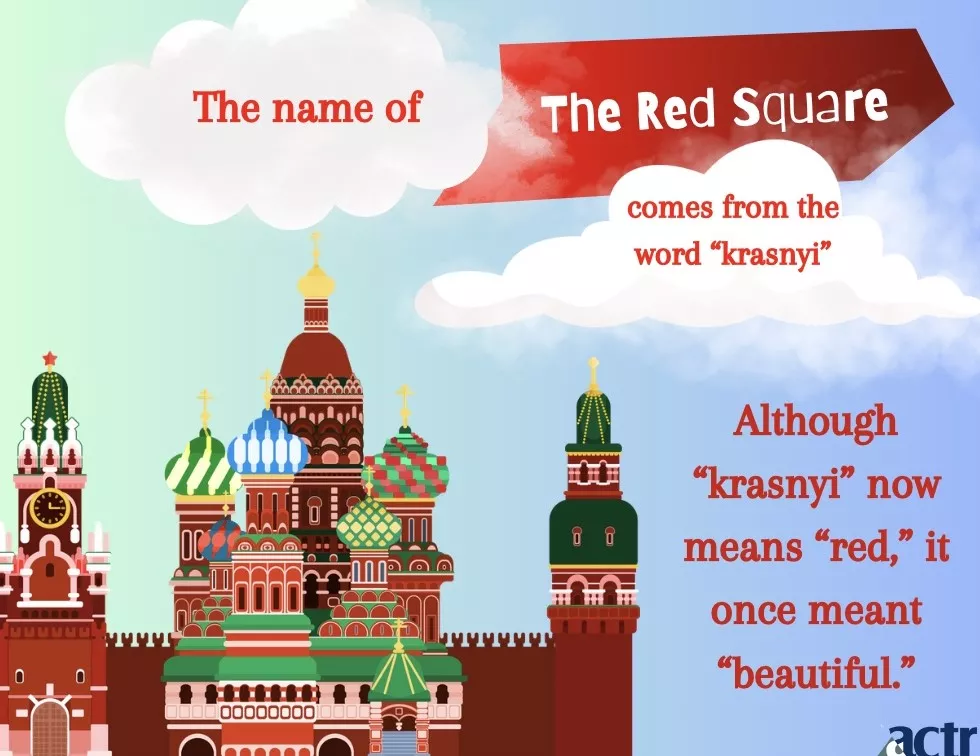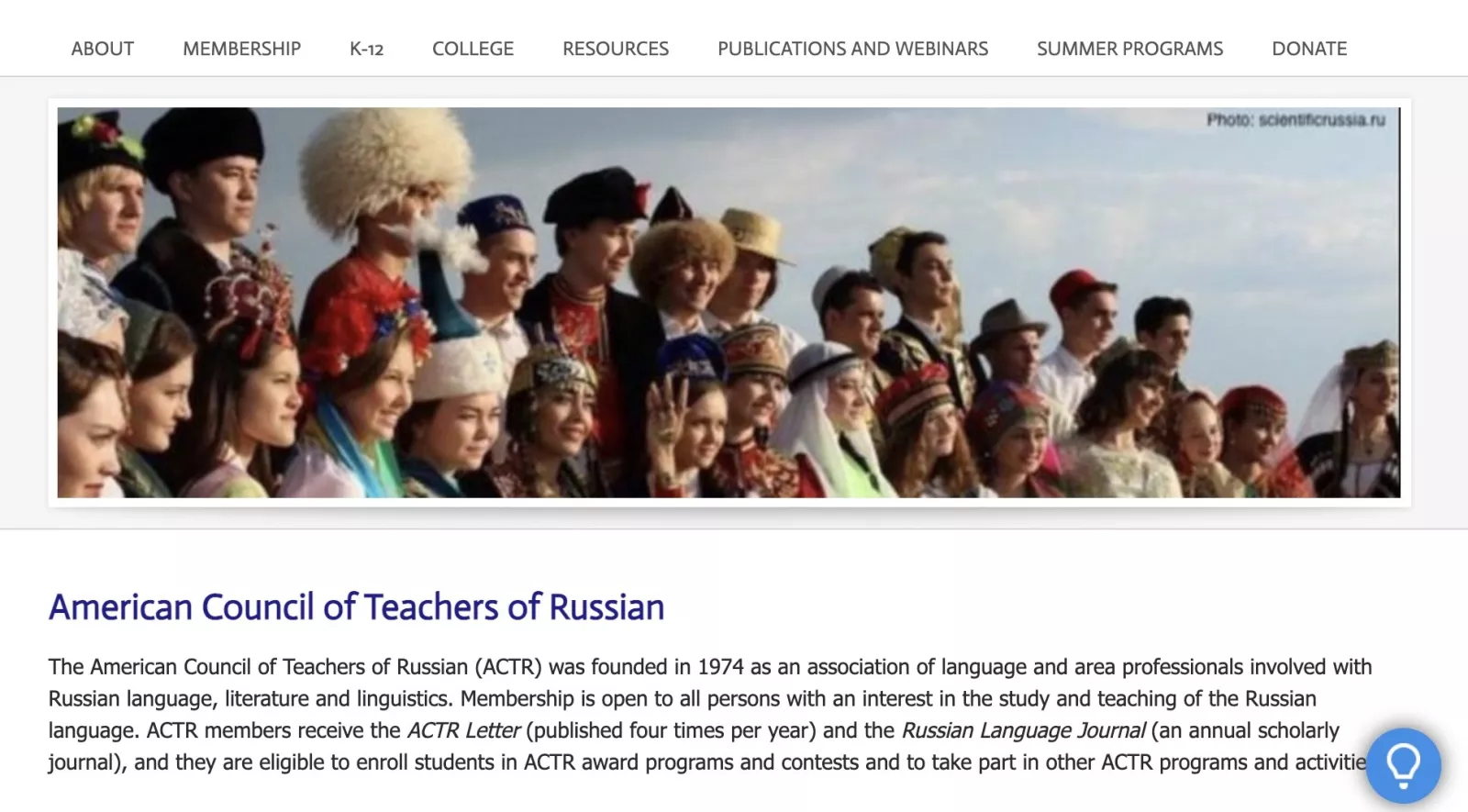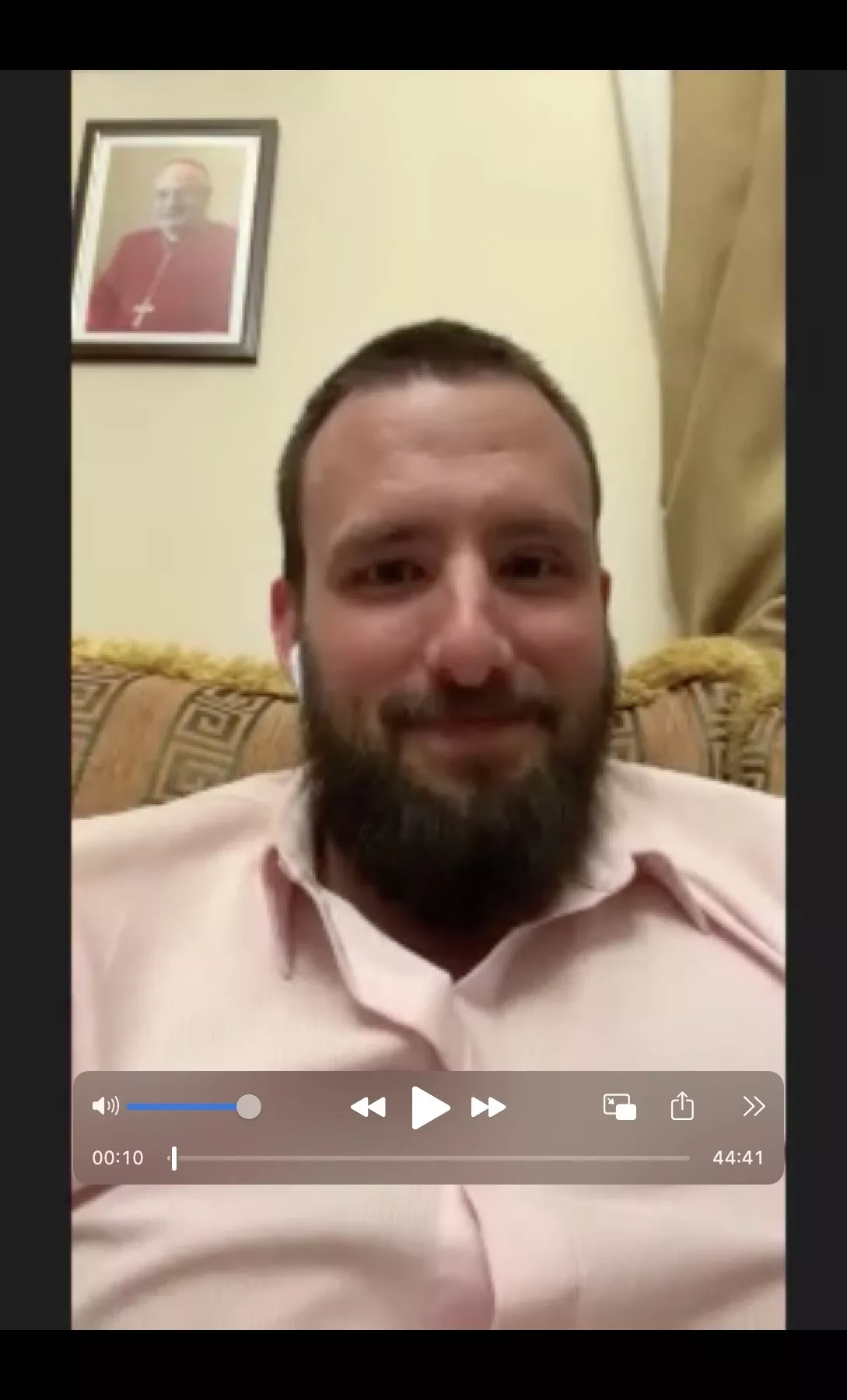Name: Katrina Brazhnikov
Class Year: 2025
Major: Russian/French and Francophone Studies
Hometown: Baltimore, MD
Internship Organization: American Councils of Teachers of Russian
Internship Title: Research, Applied Technologies and DEI Curriculum Design Intern
Location: Remote
What's happening at your internship? We would love to hear what kind of work you are doing!
At the beginning of my internship, I cleaned up the DEIAB Padlet on ACTR’s website, ensuring that the attached links were all functional. I also added my own DEIAB materials to this Padlet for professors of Russian language to incorporate into their curriculum if they so desire. Later, I learned how to navigate Weebly, making necessary edits to unpolished webpages, and gained access to the organization’s Canva which I used to make Webinar, Teachers’ Lounge and Advocacy fliers. I researched funding opportunities for future interns of the organization, as I was their first intern and compiled a list of promotional content for Russian programs at higher ed institutions across the U.S., using materials from the “Open House” event organized by the NGO, AATSEEL.
I also created a “Student Voices” survey to question students of Russian in post-secondary and higher ed programs or Russian alums about their experience using the Russian language. I sent this survey to many of my contacts that fit the desired profile. I participated in multiple zoom meetings with members of the Advocacy Team to discuss content creation as it pertains to advocacy of Russian language study and developed a future webpage with a member of the team. The webpage will be finalized when it has received approval from the ACTR board, at which point I will post it on the website. I have also conducted and recorded interviews with Russian alums from various institutions regarding their experiences using Russian in the workforce and their advice for other students of Russian. These interviews will eventually be posted on the website. This week, I will begin to assist the ACTR staff member responsible for transferring content from ACTR’s previous website platform, Weebly, to their new one, Wild Apricot.
Why did you apply for this internship?
I had just returned from the Russian Overseas Flagship in Almaty, Kazakhstan where I had studied Russian intensively for 9 months, living in a homestay with a Kazakh family. I was intrigued by the opportunity to share my knowledge of Kazakh culture with the Russian field. I felt that my contribution to diversify the field of Russian study would support an important cause. I find that many Americans know little about Russia, the Russian language or Russian culture beyond stereotypical narratives fed to us through mainstream media and news outlets. Of course, Russian students gain this knowledge, but they have not always had access to learning materials about other Post-Soviet Spaces where, like in Kazakhstan, many people have spoken or still speak Russian today.
The cultural and linguistic landscape of this region is quite vast and closely intertwined with Russian study due to the history of the Soviet Union. I find that understanding different relationships to the Russian language across the Post-Soviet Space is a crucial step to becoming a conscious Russian-speaker on the global stage. Additionally, I was excited to gain digital skills related to website design, as I believe these will be practical skills to enter the job market with moving forward. I was also looking forward to forging bonds with professionals in the field of one of my majors.
What is something you have learned from your internship that you didn't expect?
I didn’t expect to enjoy interviewing Russian alums quite as much as I do. In truth, I had been anxious about my choice to major in two languages, French and Russian. I had initially planned to major in International Studies with minors in two languages, as I was of the opinion that this would set me up for more job opportunities beyond college. However, I realized that to truly become advanced in a language, you need to study it quite intensively. I not only needed more experience abroad to reach my desired proficiency level, but I love living in other cultures and want to do it as much as possible while I’m in my 20s. Due to my aspirations to study abroad in both the Russian Flagship and the African Flagship programs, a double-language major was the best route.
Meeting with other people who are older and wiser than I am, but share a common major with me has boosted my confidence in my choice. Learning about the ways in which Russian study has shaped others’ life trajectory both professionally and personally has helped me gain a clearer vision of myself in 5 or 10 years using my language skills in a domain that I’m passionate about. I also enjoy speaking to people who have had similar experiences, as this has increased my sense of connectivity with the world.
Working remotely for the first time? What has that experience been like for you?
Many of us worked remotely during the pandemic, but pandemic remote work differs from the remote work I do now in the sense that, outside of my bedroom, most of the world currently occurs in-person.
Before I started the internship, I assumed that I would struggle to complete the necessary amount of hours of work, or that I would become unorganized due to a lack of supervision. However, remote work allows for greater flexibility with one’s schedule. I enjoy the freedom that I have to build my work around life, rather than my life around work. Supervision has also taken a different shape. While I don’t have a boss within physical range, my boss has access to the word document that I use to log all of my hours, along with descriptions of the work that I have completed within a given time period. I also will keep myself accountable by sending emails to my supervisors regarding the progress that I have made and questions that I have.
The tasks that my internship demands me to complete are also different enough on a daily basis that my life does not feel repetitive with a remote internship. Of course, screen-to-screen interaction cannot fully replace face-to-face interaction, but I have enough time to see my friends on a daily basis that this doesn’t feel like an issue. It’s possible that I would find an issue in this if I were on track to work remotely for the rest of my life. For an internship, however, I have liked working remotely, even more so than I expected.
Career & Civic Engagement Russian French and Francophone Studies


